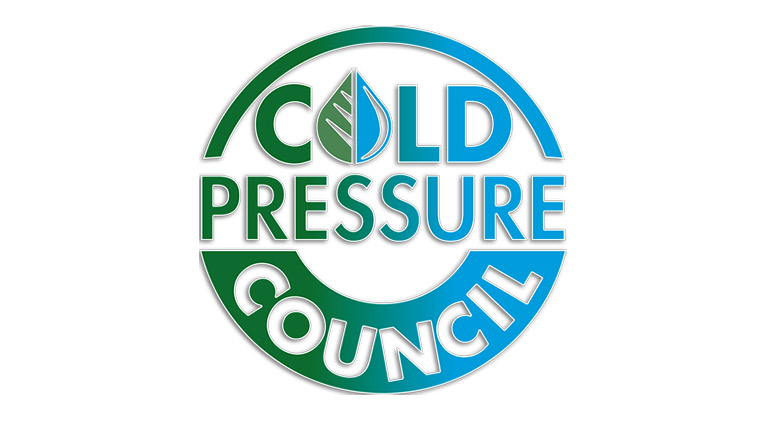
Already a big business and growing, the HPP, or High Pressure Process market is estimated to hit $12 billion this year—and to double in size in the next six. This cold pasteurization technique, whereby food and beverages presented in their final packaging are subjected to a high level of isostatic pressure transmitted by water, ensures food safety without heat or preservatives, maintains flavor and nutritional value, and extends shelf life. To help educate retailers and consumers, the HPP Cold Pressure Council launched in 2017, and recently debuted its thirdparty verified High Pressure Process-Certified seal to guarantee quality and safety. Evolution Fresh, maker of cold-pressed juices and smoothies, is the first company to place the new seal on its products. “The Certified Seal is our primary way to communicate with customers about our commitment to HPP,” says Ryan Ziegelmann, president of Evolution Fresh and part of the High Pressure Council. “We’re focused on education supporting the use of HPP and its benefits for many beverage and food categories.” Ziegelmann adds, “Over the years, we’ve seen the HPP market grow because of the consumer demand for fresh tasting, high quality, clean label, natural foods. As we expand beyond our core super-premium juices into functional juices and smoothies, the seal will help us educate even more customers about the benefits.” To be a good fit for HPP, products need to have a high-water content, be acidic, and have a cold chain of distribution (juices, dips, soups, RTE deli meats, cured meats, and seafood, etc.). Products must also be packaged in flexible plastic materials that can tolerate high pressure. According to Dr. Errol Raghubeer, a leading HPP food scientist and senior vice president of R&D at JBT/Avure, maker of HPP machines, “the greatest barrier for adoption of HPP by small companies is the relatively large initial capital cost. This has led to the formation of a large network of HPP service providers, called HPP tollers,” of which Avure offers the largest network on its website. Alyson Eberle, founder & CEO of Pure Spoon, maker of organic HPP baby food, works with a third-party HPP facility, but she makes all the baby food in her own allergen-free commercial kitchen. “Without HPP, we would not be able to offer parents nutrient-packed meals filled with fresh ingredients. We would have simply become another product line in the massive pack of shelfstable options,” she says. Her advice to those interested in the technology is talk to someone doing it. “I always say HPP keeps the good stuff great and gets rid of the bad,” says Eberle, who adds that to utilize HPP, “you must understand and respect its strengths and limitations.” When you do, “you can offer a product that is far superior than what has been traditionally available, and that’s a pretty cool thing,” she says.
